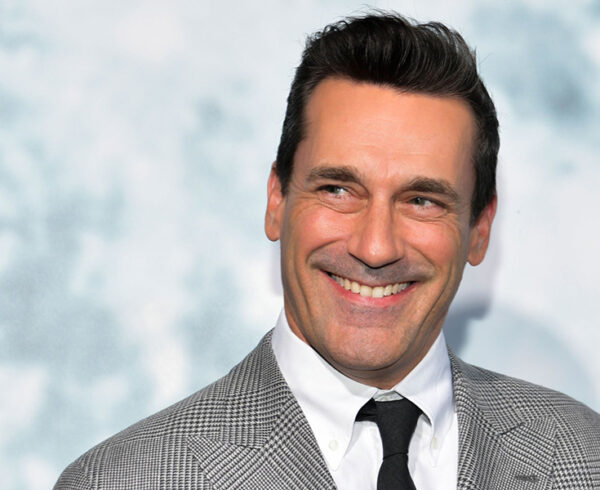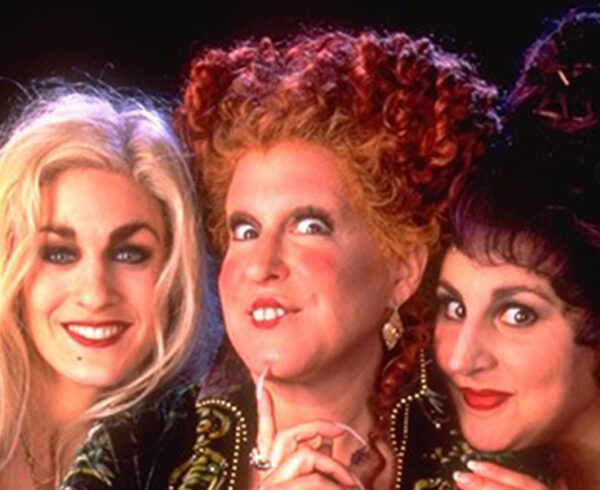Mythology at the Movies
When I saw the movie Annihilation, my mind was racing to keep up with the newly developing rules and conditions that the film was building upon to create its fictitious world and reality so that the central plot would hopefully make sense in the end. For a complex, high-concept sci-fi movie like this, the viewer is almost fatigued after suspending any shape of reality for nearly two hours. Coming out of the theater that night, I realized how often movies go to great extents to create a new world based on new presuppositions outside of the world that has ever existed before.
The most obvious example of a movie that requires audiences to suspend belief is the famous and wildly popular series Star Wars. There is so much backstory and rules to the alternative reality that the audience must actually read a few paragraphs of intricate details inching up the screen before beginning to watch any installation in the Star Wars universe. And audiences often go along with the suspension of reality to then get to the heart of the story. Building up a great and complicated myth isn’t a bad thing, but it does require more work from audiences (who are often eager to participate).
I think I need to make a distinction here about the nature of myths. There are good myths and there are bad myths. A bad myth is whenever a film is so misaligned to reality or to basic human truths that the audience, at the end of the film, feels robbed or unsatisfied because the rules of the alternative reality were so against what makes for a good story. You can feel the ache of a bad myth so thoroughly when you contrast it with a very good myth. A good myth is a reality no matter how sci-fi or foreign from our own world. It leaves audiences with a cathartic, resolved, and satisfied feeling. A good myth highlights what is good, beautiful, and true. A good myth builds on basic elements of story that resonate with all people because it is in our blood.
As a filmmaker myself, I find it to be far more compelling and relatable if the reality in which the movie takes place resembles the world in which I actually live. Almost all polls taken in the last five years, whether by Pew Research, Gallup, or the Public Religion Research Institute, have Americans self-identifying as believing in Christianity as the way they ultimately make sense of the world and reality. If most moviegoers already have a Judeo-Christian worldview, why can’t that be the basic starting point of mythology when telling stories outside of traditional faith-based entertainment?
Last year, when I made the faith-based film Generational Sins that had cuss words in it and dealt with heavy human issues, there was a lot of protestation because it didn’t fit the faith-based mold.
Frankly, most faith-based films don’t actually align with or exist in the world that we all live. Traditional faith-based cinema is so censored and bent on being family-friendly that it misses out on one of the great tenants of the mythology of the Bible: that humans are sinful and in need of a savior. This isn’t a minor oversight but actually a major rewriting of reality. To this end, a lot of faith-based films actually become sci-fi movies, sans the scrolling text at the beginning explaining the new rules are of their alternative realities.
Back to Annihilation: It knowingly or unknowingly touched on some true myths. Director Alex Garland set out to make a movie about the phenomenon of why we are set in patterns of self-destruction. Christians believe that humans continue on a path of self-sabotage due to the concept of sin nature. I will always love my Star Wars sagas and crazy high sci-fi alternative reality action films. But when I want a story that invokes empathy and change, why not use what I believe to be the one true myth: Christianity?
I would like to echo C.S. Lewis when using mythologies at the movies:
“Now the story of Christ is simply a true myth: a myth working on us the same way as the others, but with this tremendous difference that it really happened: and one must be content to accept it in the same way, remembering that it is God’s myth where the others are men’s myths: i.e., the Pagan stories are God expressing Himself through the minds of poets, using such images as He found there, while Christianity is God expressing Himself through what we call ‘real things.'”













“Traditional faith-based cinema is so censored and bent on being family-friendly that it misses out on one of the great tenants of the mythology of the Bible: that humans are sinful and in need of a savior.”
“tenets,” not “tenants.”